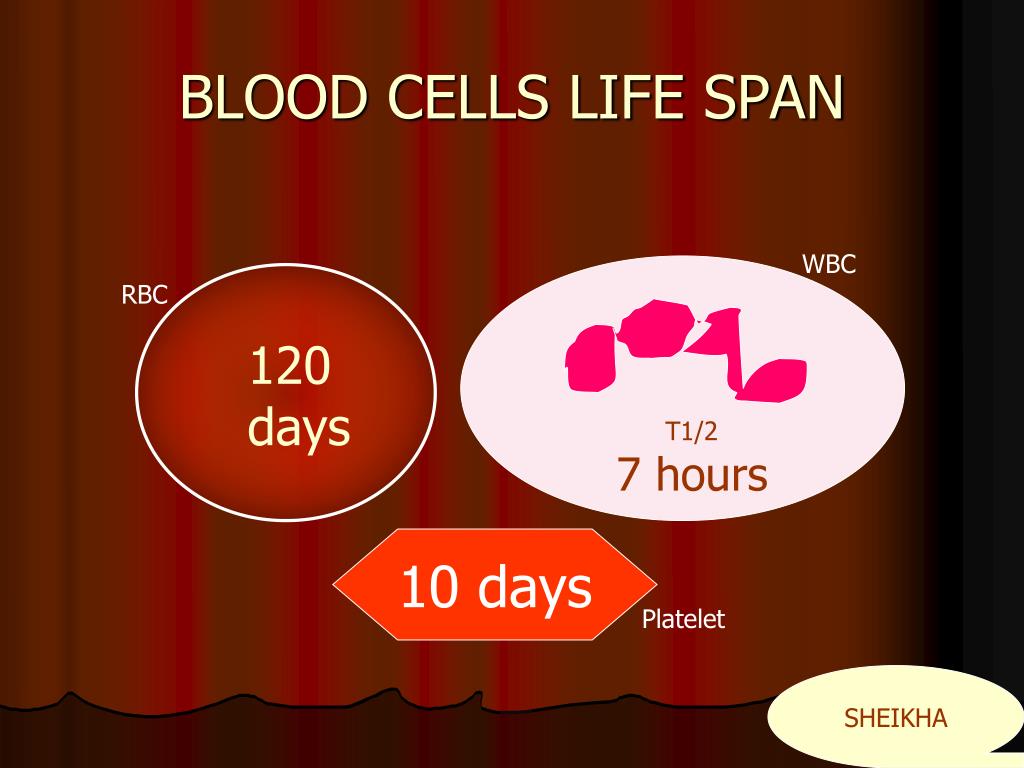The average lifespan of a single red blood cell is 120 days

The Average Lifespan of a Single Red Blood Cell is 120 Days

When it comes to the human body, there are numerous fascinating facts and intricacies that contribute to its overall functionality. One such fact revolves around the lifespan of red blood cells. These tiny, disc-shaped cells play a crucial role in transporting oxygen to various tissues and organs within our body. It may astonish you to learn that the average lifespan of a single red blood cell is approximately 120 days.
Red blood cells, also known as erythrocytes, are produced within our bone marrow. They consist of a protein called hemoglobin, which enables them to efficiently carry oxygen molecules throughout our body. Around 2 to 3 million red blood cells are produced every second, ensuring a constant supply of these vital cells.
As the red blood cells mature, they are released into our bloodstream to perform their essential functions. However, due to their limited lifespan, our body continuously replaces old or damaged red blood cells with new ones. This process is known as erythropoiesis.

The average lifespan of 120 days is dictated by various factors. These include the health of an individual, as well as any underlying medical conditions they may have. Certain diseases and disorders can affect the lifespan of red blood cells and disrupt their normal functioning.
One medical condition that can impact the lifespan of red blood cells is anemia. Anemia occurs when there is a decrease in the number of healthy red blood cells or an insufficient amount of hemoglobin within these cells. This condition can lead to fatigue, weakness, and shortness of breath.
Another crucial factor that affects the lifespan of red blood cells is the spleen. The spleen acts as a filter for our blood, removing old or damaged red blood cells from circulation. This process ensures that our body maintains a healthy supply of red blood cells.
In addition to their role in oxygen transport, red blood cells also play a crucial role in maintaining the acid-base balance of our body. They contain a compound called carbonic anhydrase, which helps regulate the pH of our blood and ensures it remains within the normal range.
In conclusion, the average lifespan of a single red blood cell is approximately 120 days. These remarkable cells are responsible for ensuring the transport of oxygen throughout our body, enabling the proper functioning of our tissues and organs. Understanding the lifespan and functions of red blood cells is essential in maintaining overall health and well-being.
Source: National Heart, Lung, and Blood Institute - How Blood Works
Tags
Share
Related Posts
Quick Links
Legal Stuff

